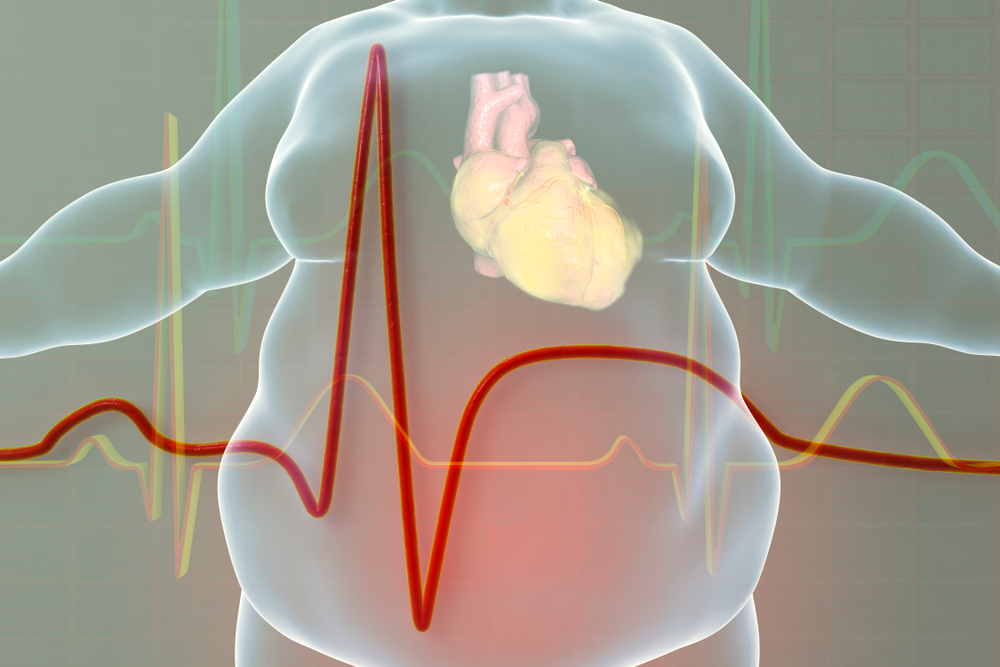If one weighs at least 20% more than your standard weight, you could be considered obese. In other words, if the body mass index is 30 and above, then it is considered obese. Obesity is a growing concern in various parts of the world. Having excessive body fat, due to hereditary or dietary choices is considered obesity. It can affect anybody, there is no specific age group that is more prone to obesity.
Obesity leads to various other diseases like heart diseases, high blood pressure, diabetes, and certain types of cancer. Obesity is not merely a cosmetic abnormality but can be fatal for the body if not controlled at the proper time. Obesity is vastly known to be a cause of genetics or due to an unhealthy lifestyle. It causes other diseases caused by sedentary life like fatigue and lethargy. There are various procedures in General medicine and Surgery that help medically remove excess fat.
How does obesity contribute to Diabetes?

Excess body weight, an escalating problem worldwide, is a major risk factor for cardiovascular diseases and Diabetes.
Diabetes affects more than 180 million people around the world, and the number of patients is estimated to increase in the coming years.
Recent data suggest that Type 2 Diabetes cases are 95% more prevalent in adults.
Obesity is associated with a pro-inflammatory state marked by chronic elevations of systemic adrenergic activity, dyslipidemia, and hyperglycemia.
How does Obesity contribute to Heart diseases?

Patients with heart diseases and diabetes are often hyper-tensive. If there is constant metabolic stress to the heart, it leads to the deterioration of the function of the heart.
The relationship between obesity and cardiovascular diseases has been proven by various scientific researches.
Obesity leads directly to heart diseases through atrial enlargement and ventricular enlargement. When the fat increases the body can’t metabolize the food as it should and creates unwanted blockages.
It changes your cholesterol levels and lowers your good high-density lipoprotein (HDL) cholesterol.
Obesity can cause your blood pressure to rise. The pressure required to move around is a lot when one is obese.
The link between diabetes and heart disease
People who are suffering from diabetes are at a higher risk of developing heart diseases. This is due to high blood glucose which damages blood vessels and the nerves responsible for controlling the heart and blood vessels. They could be prone to high blood pressure which further increases the risk of cardiovascular diseases.
Obesity Prevention and control
There are steps that can be taken to reduce the risk of developing heart disease and obesity. Following are some steps one can follow:
- Keeping your blood glucose,
- BP, and cholesterol under control
- Quit smoking
- Follow a healthy diet plan
- Engage in regular physical activity
- Maintain healthy weight
- Manage stress well
- Get enough rest
The key to avoiding obesity is to exercise regularly and a healthy diet. In some cases that might not be sufficient. Sometimes it is not about what one eats rather how the excess fat is biologically assimilated. Some metabolic parameters like insulin, glucose, gut microbiome can affect how the food digests and where it goes.


